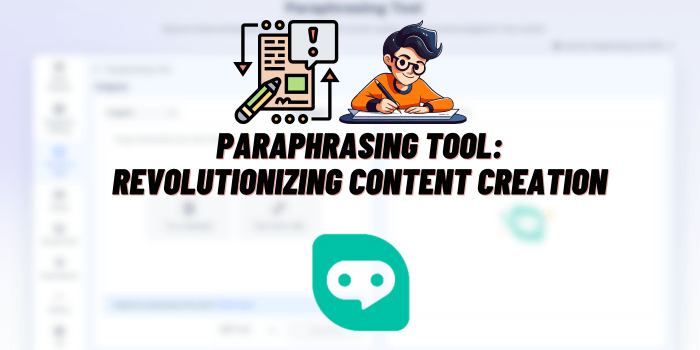Beauty Standards in Venezuela: Appearance Pressures and Ideals Among Venezuelan Ladies
Venezuela proudly holds the record for most international beauty pageant wins. However, behind the accolades exists a culture promoting Eurocentric beauty ideals that exclude and disadvantage most women. This piece explores cultural pressures, modern attitudes, and the complex experiences of Venezuelan women navigating beauty expectations.
Cultural Standards: Origins and Evolution
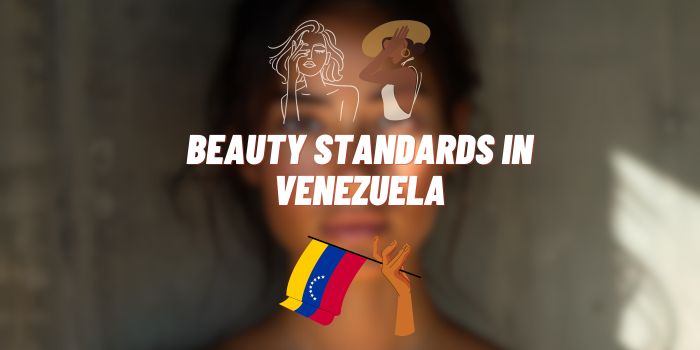
Mainstream Venezuelan media has traditionally promoted a homogenized image of female perfection: Slender figures, flawless light skin, long straight hair, and delicate European facial features.
These narrow beauty tropes, which also often influence the perceptions in the context of “Venezuela mail order brides,” stem from Spanish colonialism’s lingering effects. Scholars argue that Venezuela’s white elites internalized and transmitted beauty ideals glorifying European traits.
Globalization strengthened these pressures. The influx of glamorized foreign imagery across television and advertising in recent decades further solidified Eurocentric appearance norms.
Today these standards remain largely unchallenged as nearly all celebrities and models hold privileged racial backgrounds and surgically-enhanced bodies. Their exception rather than the rule.
Impacts on Women: Far-Reaching Consequences
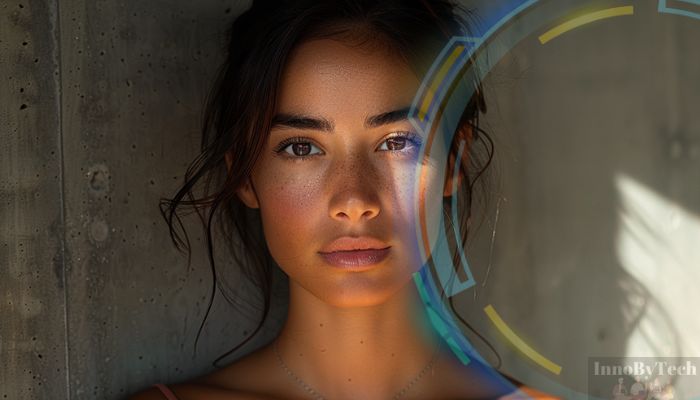
The costs of appearance expectations for average women prove immense…
Psychological Distress
Studies demonstrate that girls begin facing body image issues around puberty, often triggered by comparisons to unrealistic media ideals, contributing to plummeting self-esteem, anxiety, depression, disordered eating habits, and clinical eating disorders like anorexia and bulimia. Approximately one-quarter of young urban female university students already show signs of bulimia in a country obsessed with thinness, indicating the significant psychological toll of beauty standards.
Pursuing Unattainable Ideals
Skin bleaching, using dangerous chemicals to lighten skin tone, is rapidly rising globally, indicating the deep internalization of colorism, racism, and racial self-hate in communities of color. Venezuela reportedly has the world’s highest plastic surgery rate, with hundreds of thousands of women striving after an unrealistic, Westernized beauty ideal every year, risking their health and lives to attain a look that remains out of reach for most.
Financial Burdens
Working-class and lower-middle-class women often sacrifice essential needs like nutritious food, rent payments, or their children’s education to afford endless nonsurgical beauty procedures from Botox injections to skin treatments to surgeries, hoping to increase their social capital and value through physical appearance at immense personal cost. Many become trapped in debt and poverty trying to conform to stringent beauty ideals.
Embracing Self-Love: Changing Attitudes
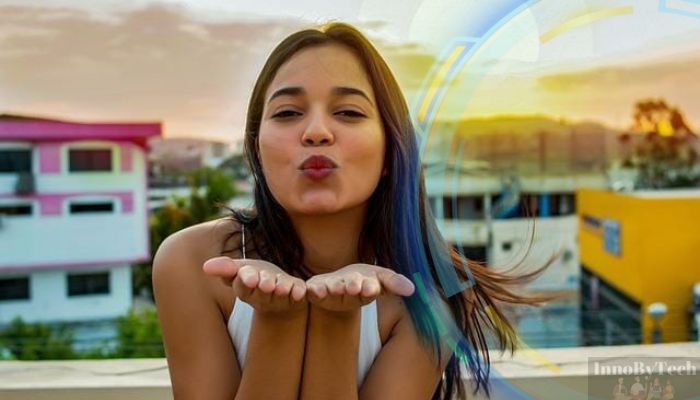
While dominant beauty norms still reign, new generations demonstrate growing pushback against Eurocentric standards.
Increasing body positivity activism focuses on self-love and rejecting judgment. Nutritionist Aleixa Nunez manages popular social media campaigns like “Beauty Redefined” which showcases diverse, untouched photos of Venezuelan women embracing their figures.
Youth advocates also address embedded colorism through efforts like the “Pelo Bueno, Pelo Malo” movement. Translating to “Good Hair, Bad Hair,” young Afro-Venezuelans publicly counter messages deeming natural Black hair unprofessional or unattractive.
Publicly challenging traditional beauty notions remains controversial, eliciting backlash. But momentum gradually builds as more women, particularly visible millennials, inspire each other to overcome external pressures.
Dating Realities: Judgment and Discrimination
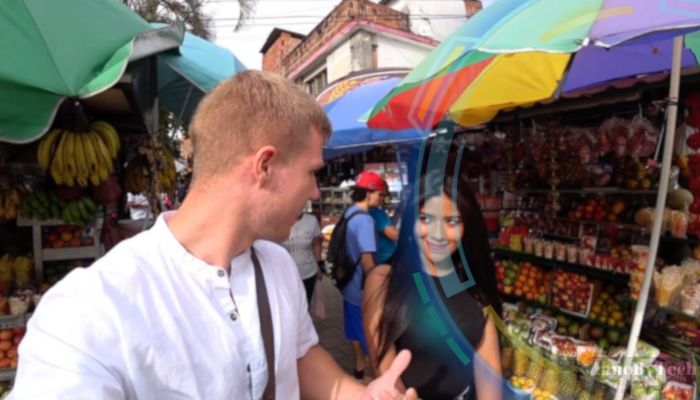
Despite expanding attitudes, rigid expectations surrounding Venezuelan female beauty lead to difficult dating realities…
A majority of heterosexual men still feel entitled to slender, light-skinned, and ideally surgically-enhanced partners. Carolina, an Afro-Venezuelan college student, faces frequent judgment:
“I’ve had guys directly tell me they’d never seriously date a ‘Morena’. Some openly praise white or mixed race women over Black women right to me.”
Likewise, men levy unfair criticism onto women deemed unattractive or overweight. María recalls her early dating attempts:
“Boys treated me invisibly. Then suddenly took interest when I lost weight after high school – even guys who never spoke to me before”.
The Long Journey Ahead
Progress loosening Eurocentric beauty ideals moves slowly in Venezuela, concentrated primarily in youth activism spheres. Layers of colonial influence remain deeply ingrained.
However, increasing outspokenness signals gradual cultural shifts towards celebrating natural diversity over homogeny. The path is arduous, but brave advocates light the way forward.
Women deserve environments fostering self-acceptance, abolishing appearance-based discrimination, and dismantling dangerous systems. There is hope that as more Venezuelans demand social change, beauty norms will one day reflect the country’s rich range of features, skin tones, and bodies.





